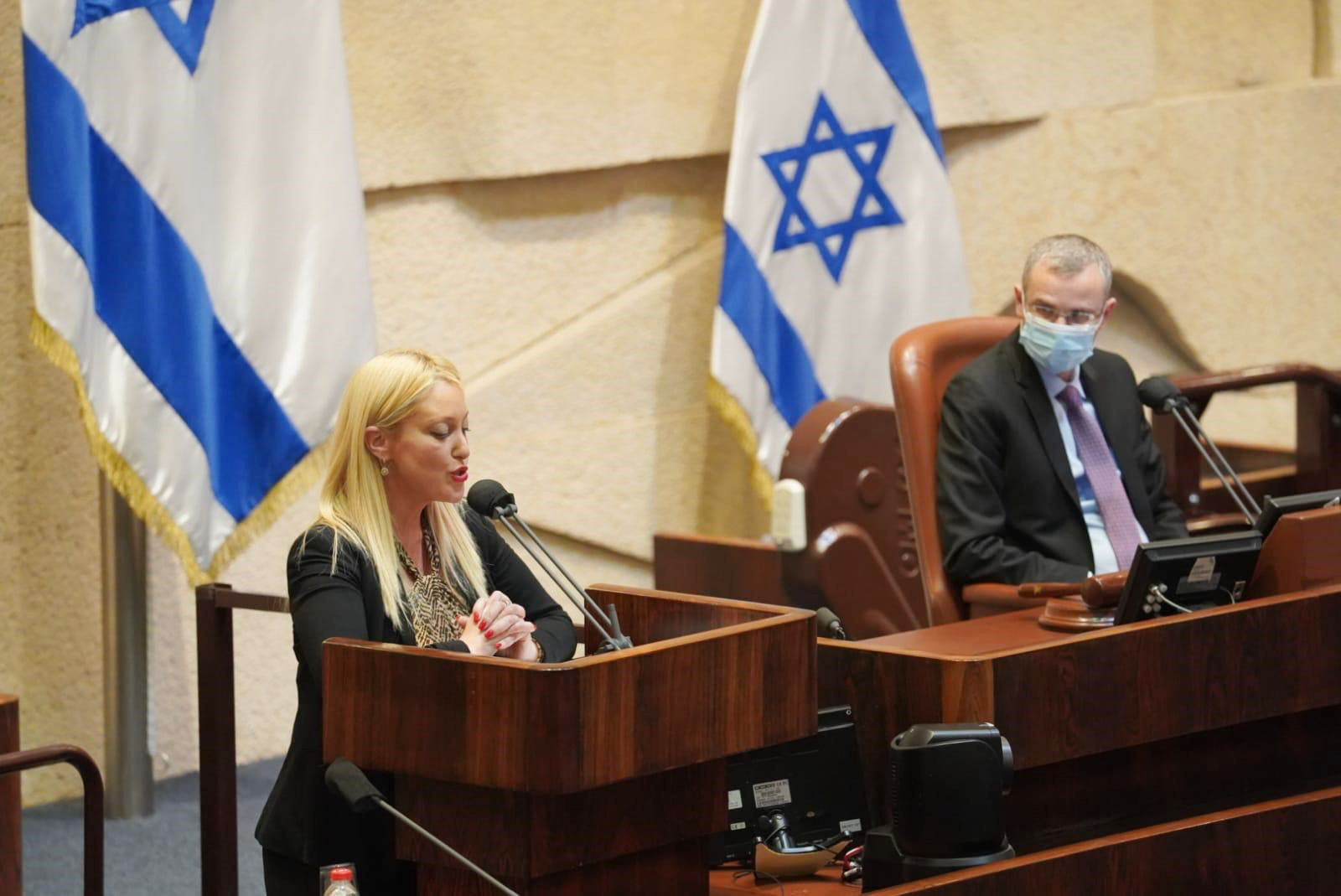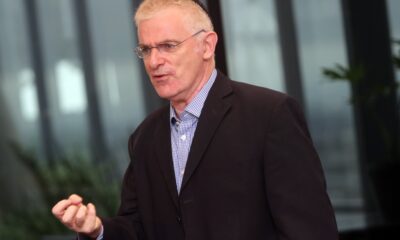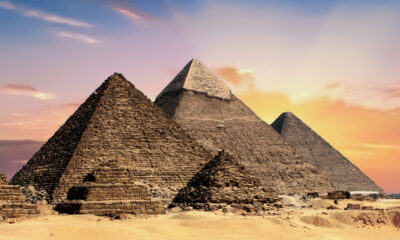
Israel

Pyramids to parliament – Ruth Wasserman Lande tells all
In our Pesach webinar this week (Thursday, 30 March), Howard Sackstein interviews Ruth Wasserman Lande, a South African-born Israeli politician who was posted to Egypt as a diplomat. We bring you the story.
For many years, we knew you as the only South African in the Knesset. Tell us what you’re doing now.
I left the Knesset about three months ago, after the elections, hoping that I would come back. I’m still very involved in Israeli politics. Three weeks ago, I spoke to 25 000 demonstrators.
It has been a bit crazy in our little country of late concerning judicial-reform. I have set up a little consultancy, and have been commentating on TV (i24 News and Channel 13) and I write an opinion piece for the Jerusalem Post every two weeks. I have also been elected chairperson of the Women’s Impact Forum in the World Jewish Congress, which I think is a great shlichut (task), and I intend to put in a huge effort.
You grew up in Cape Town, but in a previous life, you had a very interesting diplomatic post. Given that we are on the eve of Pesach, I want to ask about your appointment as the deputy ambassador to Cairo.
I was deputy ambassador for three years. I was an unmarried, Jewish Israeli at the time who spoke Arabic and Russian. I was more or less the epitome of evil in the minds of the Egyptians. It was a surreal experience, very eye opening, and I learnt a huge amount.
What was it like being posted there?
For an Israeli to live in an Arab country (pre-Abraham Accords), when Jordan and Egypt were the only countries to have Israeli diplomats with a real embassy, it wasn’t easy.
Even though there has been 40-odd years of peace with Egypt, the relationship was anything but warm. Normalisation of diplomatic ties was distant. It was a tough post in comparison to posts in Europe. Anything and everything you do isn’t a given, such as meetings with the ministry of foreign affairs, which though a regular occurrence for most countries, isn’t the case with Egypt.
The Jewish community in Cairo, which was once large and active, has been almost non-existent since 1956 when Jews left for Israel and Europe after Colonel Nassar took over in 1952. There are still many old Jewish documents and Torahs in Egypt stored in the old synagogue in Cairo, which is more like a monument now.
There are a handful of Jews left in Cairo. Did you have any contact with the Jewish community while you were there?
There were 12 Jews in Egypt while I was there. One man in Alexandria, one man in Cairo, and the rest were women. Most of them are married to Egyptian Muslim men and as per the custom, their children are considered Muslim. We went to visit the synagogue and were in touch with the head of the Jewish community.
There were always more Israeli diplomats than local Jews. The synagogue in Cairo, which just turned 100, has been well maintained and the synagogue in Alexandria has just been reopened. The Egyptians are well aware of the Jewish heritage in Egypt.
What was it like living in Cairo? The Pyramids of Giza are close to the city. It must be like living in the middle of 4 000 to 5 000 years of history.
I had to pinch myself sometimes to really believe I was there. Living in Cairo as an Israeli Jew is a whole different experience when you’re used to living in a “Western” country. There’s huge pollution, and the city looks half brown most of the time, but night, when you see the lights and the Nile River from a rooftop restaurant, the city is magnificent. It’s hard to breathe, there’s 30% less oxygen in the air due to pollution, and the cars hoot all the time. It’s surreal, and goes on day and night.
The call for prayer emanates from different loudspeakers across the city. They try to synchronise them so that you hear only five calls at a time, but this doesn’t work well and you hear a constant call for prayer. In the first few months of living there, I would wake up at 03:00 every morning. It was interesting and challenging.
Cairo is chaos, especially with the traffic and dirt. It feels like it never recovered from the 10 plagues.
Chaos is the name of the game. It creates an atmosphere of everything being in between the lines. When you speak to people, it’s not direct like in Israel or other Western countries, you speak indirectly using nuances and euphuisms (saying but not saying). I went to Eilat, which is a three-hour drive by car, to get a reality check and recalibrate my senses.
Relations between Israel and the Arab world changed with the Abraham Accords. How would you describe the relationship today between Israel and Egypt? Has there been an improvement?
Yes, absolutely. The relations have always been warm to a degree. After the peace agreement in 1979, there was never full normalisation of diplomatic ties. People-to-people relations were never fully fledged.
After the Abraham Accords, the onus was no longer on Egypt’s shoulders, being the biggest Arab country, to make peace with Israel. Jordan made peace in 1994. The United Arab Emirates, Bahrain, and Morocco making peace with Israel lifted the taboo on Israel in the region and strengthened Israel’s relationship with Egypt.
The geo-strategic relationship with Egypt has never been stronger – there’s an understanding over the threat of Iran. The agreement between Iran and Saudi Arabia is more tactical than strategic.
Egypt is a Sunni Muslim country and Iran is a Shia country, with a huge history of tension. There has been great progress in the Egyptian curriculum, with no anti-Israel rhetoric in schoolbooks and in the media. Two years ago, a Holocaust memorial conference was held by the United States embassy in Cairo for the first time, which is a positive step.










